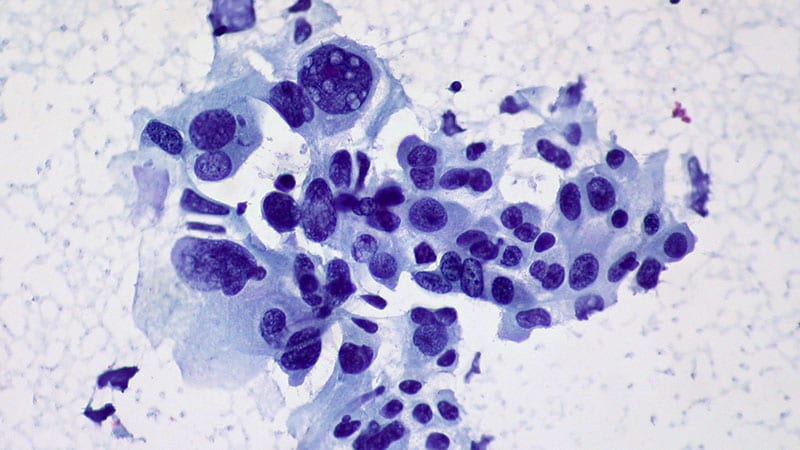The content discusses the benefits of combining the bispecific antibody amivantamab with chemotherapy in the treatment of epidermal growth factor receptor (EGFR)–mutated advanced non–small cell lung cancer (NSCLC). The analysis includes follow-up data from two phase 3 trials, PAPILLON and MARIPOSA-2, and an exploratory analysis of a third trial, MARIPOSA-1. Key highlights include the extended progression-free survival, reduced risk for second progression or death, and the impact on brain progression. The content also addresses the management of adverse events and the implications for patient outcomes.
Customize Summary
Rewrite with AI
Generate Citations
Translate Source
To Another Language
Generate MindMap
from source content
Visit Source
www.medscape.com
Amivantamab Offers Post-Progression Benefit in EGFRm NSCLC
Key Insights Distilled From
by Liam Davenpo... at www.medscape.com 03-28-2024
https://www.medscape.com/viewarticle/amivantamab-offers-post-progression-benefit-egfrm-nsclc-2024a10005vf
Deeper Inquiries
